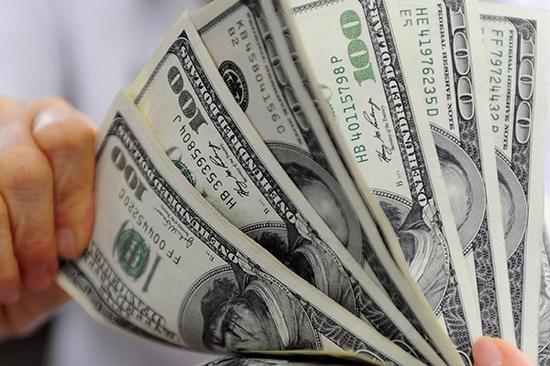
A teller counts and arranges dollar notes at an Agricultural Bank of China branch in Qionghai, Hainan province. (Photo/China Daily)
China is likely to continue to reduce the share of United States debt in its overall foreign exchange reserves as it ramps up efforts to diversify foreign asset portfolios to reduce risk exposure, experts said on Thursday.
Their comments came as data from the U.S. Treasury Department showed that China, the second-biggest foreign holder of U.S. Treasury securities, cut its holdings for three consecutive months to $767.4 billion as of the end of March, down $7.6 billion from a month ago.
Since April 2022, China's holding of U.S. Treasury bonds has remained below $1 trillion.
The recent cut marked a new low for China's holdings of such assets not seen since March 2009. It comes as Japan, the largest foreign holder of U.S. debt, increased its holdings by $19.9 billion in March on a monthly basis to nearly $1.19 trillion, reaching a level not witnessed since August 2002.
"Investors hold U.S. Treasury bonds generally for three reasons — liquidity, safety and profitability," said Wang Youxin, a senior researcher at Bank of China.
"China has been reducing its holdings of the bonds since 2022, mainly because the profitability of the bonds decreased as the U.S. started interest increases from that year, while the liquidity and safety of the asset have both been impacted as the scale of U.S. Treasury bonds keeps expanding and the sustainability risk of U.S. debt rises."
Bai Xue, vice-director of the research development department at Golden Credit Rating International, said China's holdings of U.S. Treasury bonds have decreased by 42 percent compared to the peak level of $1.32 trillion in November 2013, and the decrease has sped up since 2022, underpinned by factors including the country's efforts to diversify foreign asset portfolios and improve foreign asset profitability.
As the profitability of U.S. Treasury bonds has fluctuated sharply in recent years, reducing the holdings can help improve stability and profitability of China's foreign exchange reserves, Bai said.
Looking ahead, Wang said ensuring asset security will continue to be a key factor underpinning moves by China to diversify its foreign exchange reserves.
"Appropriate holding reduction of U.S. assets is useful for China to manage relevant risk exposure. Although the increasing likelihood of monetary easing by the U.S. may create more profitability opportunities for transacting U.S. Treasury bonds in the coming months, China will likely continue to diversify its foreign exchange reserve assets over the long term while increasing purchases of other assets like gold," he added.
"As the global economic situation changes and the scale of U.S. debt continues to rise, China will likely continue to strategically optimize its foreign exchange reserve portfolios. Gradually reducing U.S. debt holdings will be a long-term trend," Bai said.
However, the expert also said that China is expected to maintain a high degree of flexibility and sensitivity to ensure smooth reductions of its U.S. Treasury bond holdings since adjusting the portfolios of foreign exchange reserves is a long-term and complex process, involving reallocation of large amounts of funds and the stability of the RMB exchange rate.








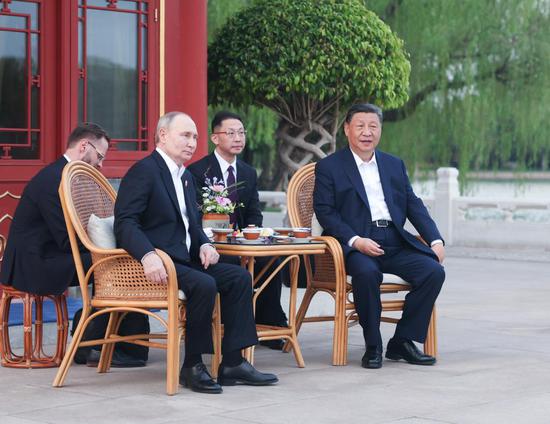
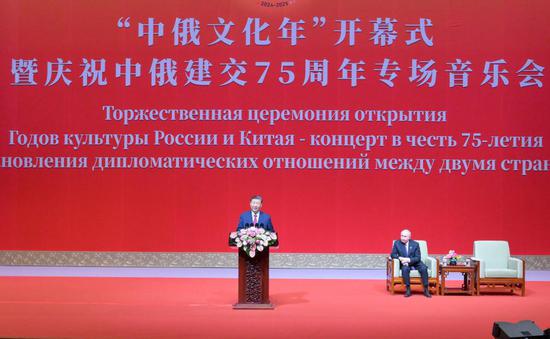



















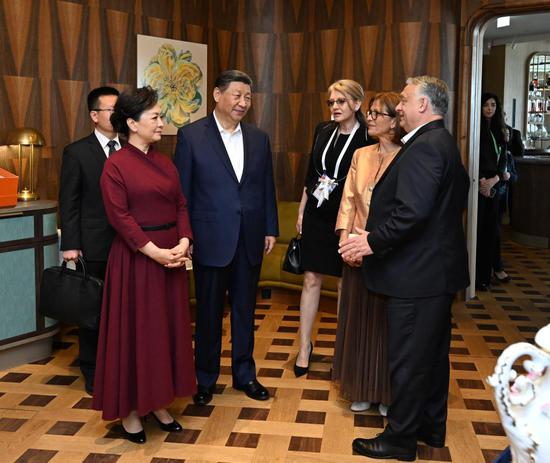











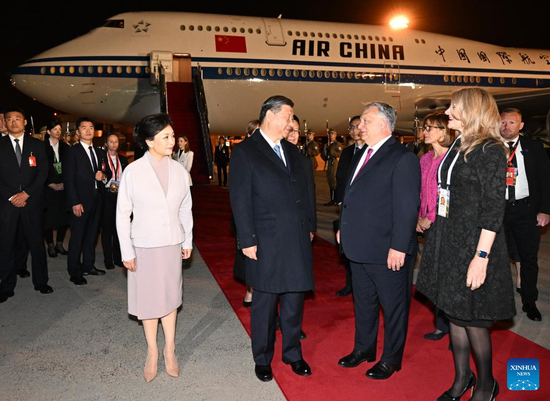








 京公网安备 11010202009201号
京公网安备 11010202009201号